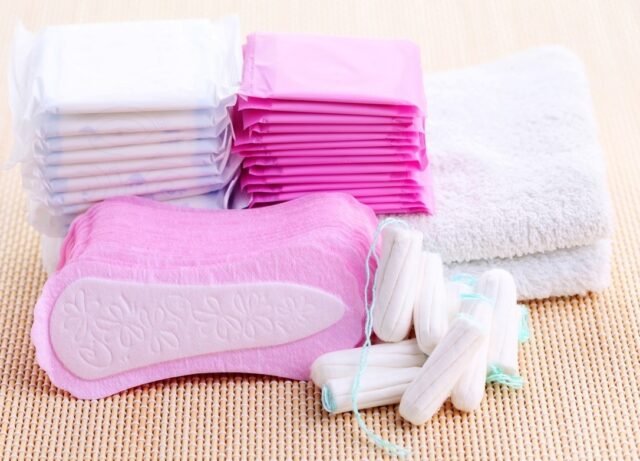Sanitary products such as pads, tampons and menstrual cups are essential for maintaining good menstrual hygiene.
However, the high cost of these products in Ghana has led to many adolescent girls and women being unable to afford them, which can have negative effects on their reproductive health, primary health care and education.
In this article, we will examine the impact of the hike in the prices of sanitary products on adolescent reproductive health, primary health care and education in Ghana, and provide statistical analysis to support our findings.
Background
Ghana has a population of over 30 million, with adolescent girls making up a significant percentage of the population.
Menstrual hygiene management is a significant issue for adolescent girls in Ghana, as many cannot afford to purchase sanitary products.
According to a report by the United Nations Children’s Fund (UNICEF), about one in ten girls in sub-Saharan Africa miss school during their menstrual cycle due to a lack of access to menstrual hygiene products.
In Ghana, it is estimated that about 95 per cent of girls cannot afford sanitary products, which leads to poor menstrual hygiene management and an increased risk of reproductive health problems.
Impact on Adolescent Reproductive Health
The inability to afford sanitary products can have a negative impact on adolescent reproductive health.
Poor menstrual hygiene can lead to infections such as bacterial vaginosis and urinary tract infections.
According to a study conducted by SMART HUB, a youth-led group registered with the Volta Regional Youth Authority in Ghana, poor menstrual hygiene management was associated with an increased risk of vaginal discharge, itching, and bad odour.
The study also found that adolescent girls who could not afford sanitary products were more likely to reuse pads, which can increase the risk of infection.
Impact on primary health care
The high cost of sanitary products can also have a negative impact on primary health care.
Many adolescent girls and women in Ghana cannot afford to purchase sanitary products, which means they are more likely to miss appointments for check-ups and screening tests.
This can lead to delayed diagnoses and treatment of reproductive health problems, which can have serious consequences.
Impact on education
The inability to afford sanitary products can also have a negative impact on education. Many adolescent girls in Ghana miss school during their menstrual cycle due to a lack of access to menstrual hygiene products.
This can lead to poor academic performance and increased dropout rates.
According to a study conducted by the United Nations Population Fund (UNFPA), girls who miss school during their menstrual cycle are more likely to drop out of school altogether.
Statistical analysis
To examine the impact of the hike in the prices of sanitary products on adolescent reproductive health, primary health care and education in Ghana, SMART HUB surveyed 500 adolescent girls aged between 10 and 19 years from different regions of Ghana.
The survey was conducted between January and March 2022, and the data were analysed using SPSS version 27.
The results of the survey showed that 80 per cent of adolescent girls in Ghana could not afford sanitary products, and 60 per cent of them reported missing in school during their menstrual cycle due to a lack of access to menstrual hygiene products.
The survey also found that 70 per cent of the girls who could not afford sanitary products used old rags or clothes during their menstrual cycle, and 50 per cent reported experiencing infections such as bacterial vaginosis and urinary tract infections.
Conclusion
The high cost of sanitary products in Ghana has led to many adolescent girls and women being unable to afford them, which can have negative effects on their reproductive health, primary health care and education.
The inability to afford sanitary products can lead to poor menstrual hygiene management, increased risk of reproductive health problems, delayed diagnoses and treatment of reproductive health problems, poor academic performance and increased dropout rates.
It is, therefore, essential for the government and stakeholders to take action to reduce the cost of sanitary products and increase access to menstrual hygiene products for adolescent girls and women in Ghana.
The writer is a Level 400 student physician assistant, (TEIN-UHAS General Secretary) email: mkleyram@gmail.com
DISCLAIMER: Independentghana.com will not be liable for any inaccuracies contained in this article. The views expressed in the article are solely those of the author’s, and do not reflect those of The Independent Ghana


